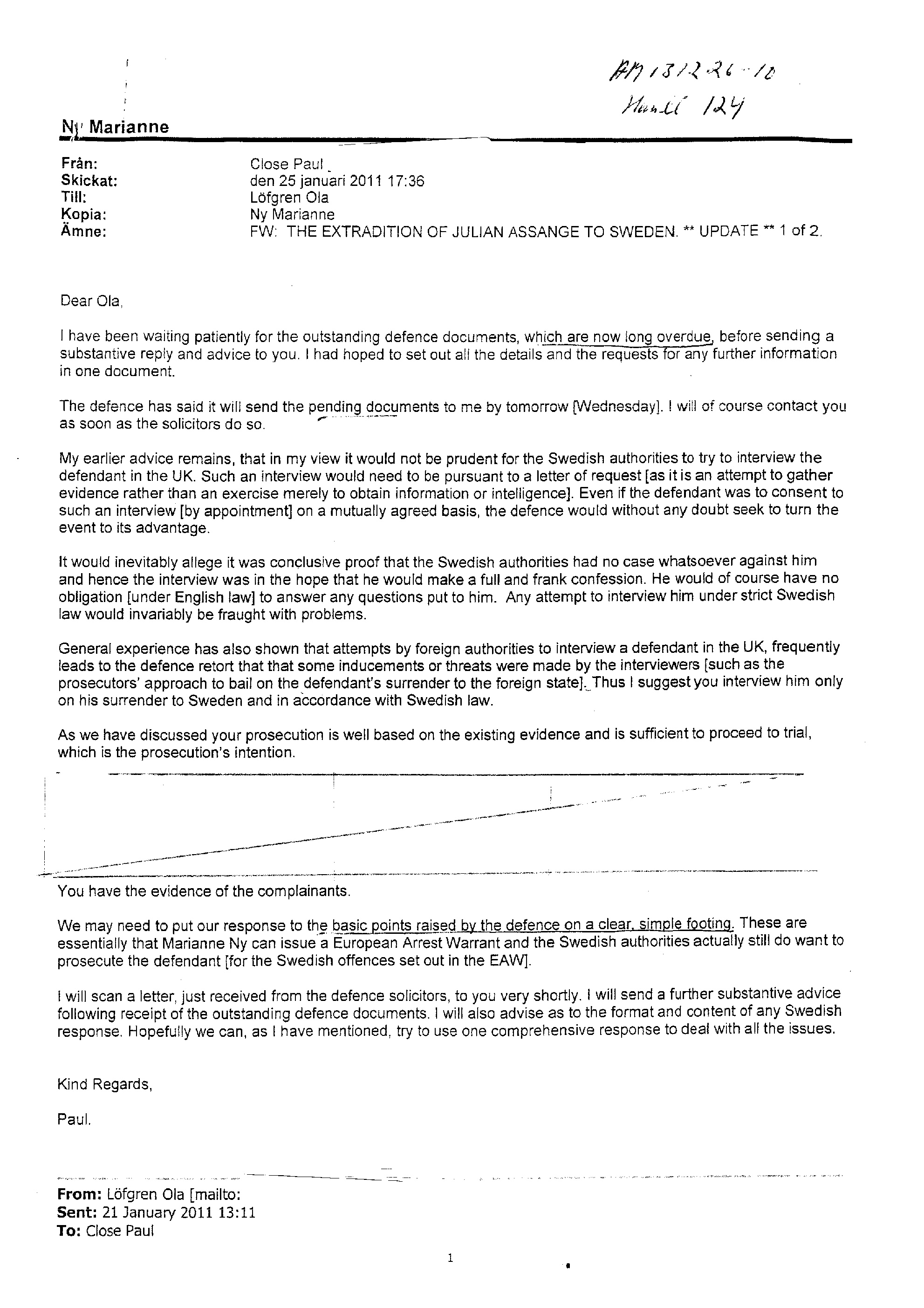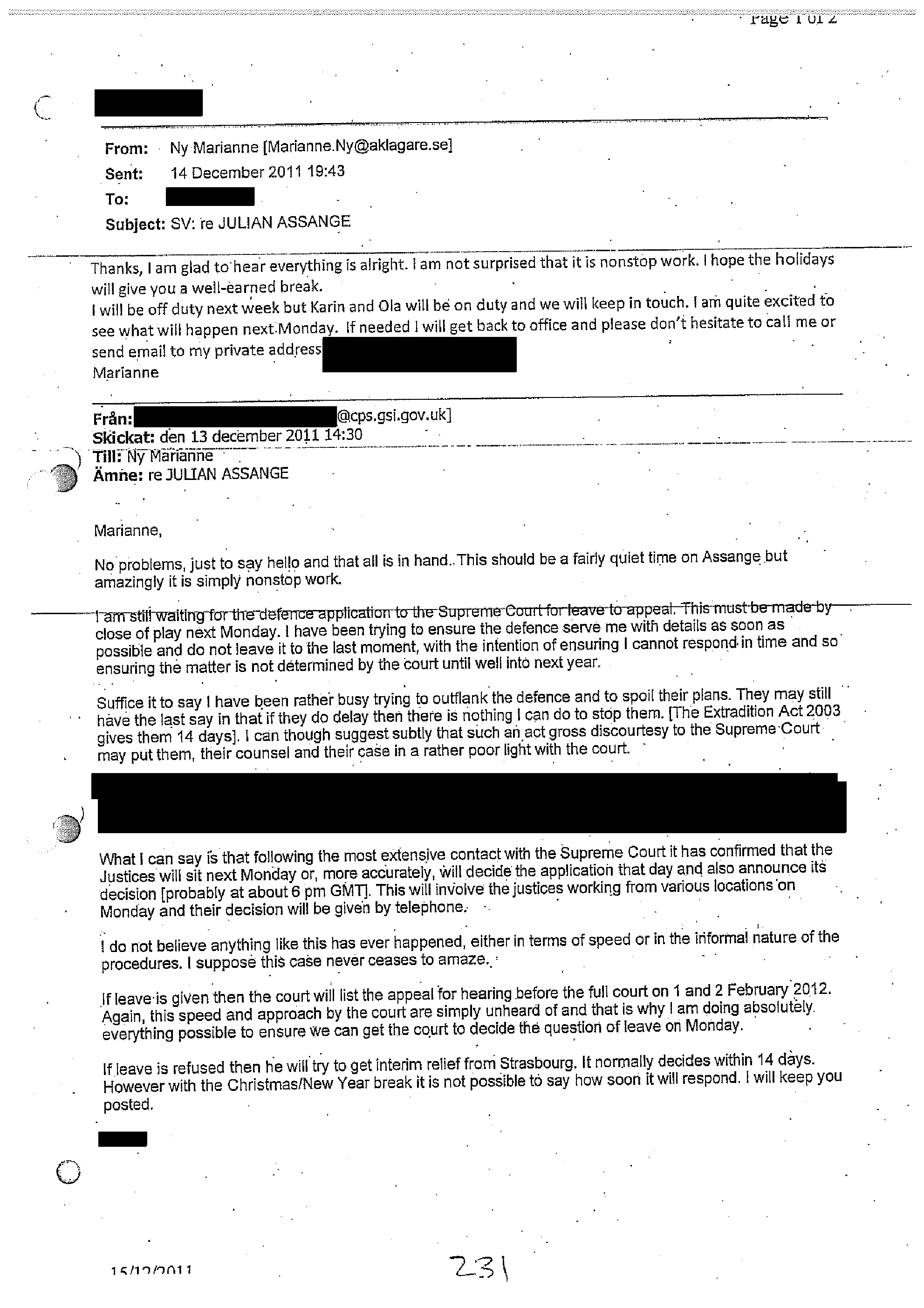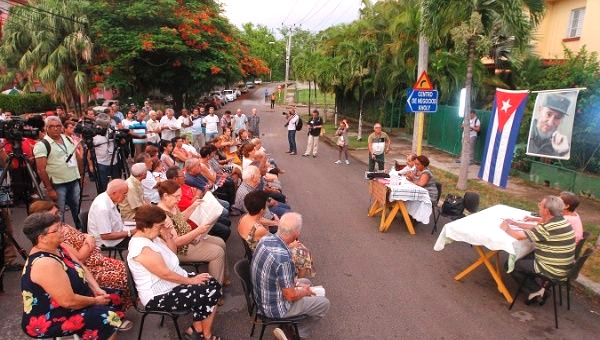Counter-propaganda as an “Instrument of Peace”. Fidel Castro and the “Battle of Ideas”: The Dangers of Nuclear War.
November 10th, 2018 by Prof Michel Chossudovsky
Fidel Castro and Michel Chossudovsky, Havana 2010
This article was first published on August 13, 2016
In the words of Albert Einstein, “Only a life lived for others is a life worthwhile.” And that in so few words describes Fidel Castro’s contribution to the future of humanity. Fidel’s message is of particular relevance in relation to the “fake news” campaign directed against the independent media.
Author’s Introduction
The dangers of a Third World War are looming. Nuclear war is “on the table”. “I want the Iranians to know that if I’m the president, we will attack Iran ….we will obliterate them.” says presidential candidate Hillary Clinton.
The outright criminalization of politics. How do we instil sanity and honesty in US foreign policy.
How do we reverse the tide, how do we dismantle the US-led military agenda?
America’s global war of conquest is supported by a vast propaganda apparatus including the Western mainstream media, segments of the online “alternative media”, the corporate foundations, the elite universities and the establishment thinks tanks.
War is upheld as a peace-making endeavor. When war becomes peace, the lie becomes the truth. There is no turning backwards.
Without war propaganda, the legitimacy of the US-NATO war would collapse like a house of cards.
War is a criminal undertaking. What is required is to break that legitimacy, to criminalize war through a global counter-propaganda campaign. The lies and fabrications which provide legitimacy to America’s “humanitarian wars” must be fully revealed.
In this regard, Fidel’s “Battle of Ideas” opens up an important avenue. It serves to break a political consensus, it reveals the twisted nature of science and the social sciences, namely the inability of knowledge and analysis to provide an understanding of the true nature of an unfolding “New World Order” predicated on the destruction of representative government and the de facto criminalization of politics.
The Battle of Ideas consists in confronting the war criminals in high office, breaking the US-led consensus in favor of war, changing the mindset of hundreds of millions of people, abolishing nuclear weapons and ultimately changing the course of world history.
The media, intellectuals, scientists and politicians, in chorus, obfuscate the unspoken truth, namely that the US-NATO led war destroys humanity.
When war is upheld as a humanitarian endeavor, the judicial system is criminalized, the entire international legal system is turned upside down: pacifism and the antiwar movement are criminalized. Opposing the war becomes a criminal act. Meanwhile, the war criminals in high office have ordered a witch hunt against those who challenge their authority.
The Big Lie must be exposed for what it is and what it does.
It sanctions the indiscriminate killing of men, women and children.
It destroys families and people. It destroys the commitment of people towards their fellow human beings.
It prevents people from expressing their solidarity for those who suffer. It upholds war and the police state as the sole avenue.
It destroys both nationalism and internationalism.
Breaking the lie means breaking a criminal project of global destruction, in which the quest for profit is the overriding force.
This profit driven military agenda destroys human values and transforms people into unconscious zombies.
Let us reverse the tide.
Challenge the war criminals in high office and the powerful corporate lobby groups which support them.
Undermine the US-NATO-Israel military crusade.
Close down the weapons factories and the military bases.
Bring home the troops.
Members of the armed forces should disobey orders and refuse to participate in a criminal war.
This is our task, in towns and villages across the land, nationally and internationally: Counter-propaganda for peace.
The following text is the English version of the Preface of the Spanish edition of my book, The Globalization of War, America’s Long War against Humanity, launched in Managua, Nicaragua. June 2016.
Michel Chossudovsky, August 13, 2016
To order The Globalization of War, click here or image below)
* * *
Counter-propaganda as an “Instrument of Peace”. Fidel Castro and the “Battle of Ideas”: The Dangers of Nuclear War
English version of the Preface to the Spanish Edition,
published in Managua, Nicaragua and Mexico City, Mexico
By Michel Chossudovsky
This book is dedicated to Fidel Castro Ruz, leader of the Cuban Revolution, whose practice and teachings have been the source of inspiration to grassroots revolutionary movements throughout the World.
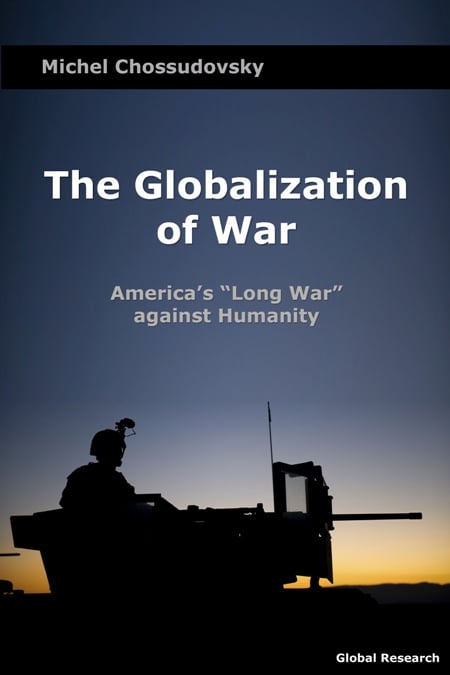 Fidel’s understanding of US imperialism, his writings on neoliberalism and global warfare are of crucial importance in the social struggle against the capitalist World Order including the articulation of people’s movements at national and international levels.
Fidel’s understanding of US imperialism, his writings on neoliberalism and global warfare are of crucial importance in the social struggle against the capitalist World Order including the articulation of people’s movements at national and international levels.
In our 2010 “Conversations” (see Chapter II), Fidel focussed on the “Battle of Ideas”. He defined the role of concepts and knowledge as a powerful instrument of revolutionary change. While the “Battle of Ideas” emerged in Cuba at an earlier period, Fidel’s recent analysis focusses on the dangers of a Third World War and how to prevent it from occurring.
In the case of a Third World War, Fidel quite rightly pointed out:
“There would be ‘collateral damage’, as the American political leaders always affirm, to justify the deaths of innocent people. In a nuclear war, the ‘collateral damage’ would be the life of all humanity”.
Click image to order book directly from Global Research
For me, Fidel’s formulation had a profound significance. Following our meeting in Havana and upon returning to Canada, I started digging through piles of articles and US military documents on America’s post 9/11 “pre-emptive” nuclear doctrine, which consists in using nukes for “self-defence” with “minimum collateral damage”: an absurd and diabolical proposal, which in the real sense of the word threatens the future of humanity. In the following year (2011), I completed my book on this subject entitled: Towards a World War III Scenario, The Dangers of Nuclear War.
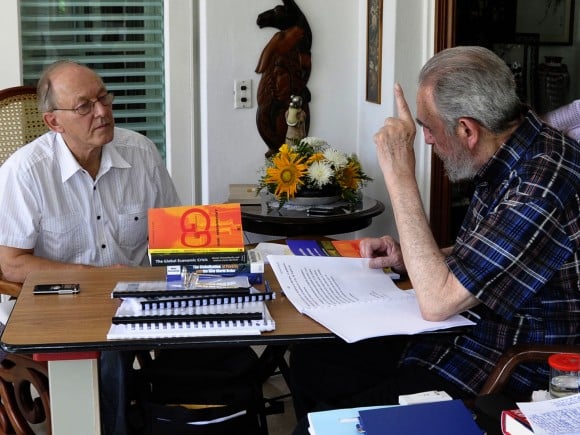
Fidel Castro in focussing on the “collateral damage” associated with nuclear war had uncovered the “building block” of post-cold war imperialism. The Cold War concepts of “Mutually Assured Destruction” and “Deterrence” not to mention the US-Soviet Union communications “hotline” had been scrapped.
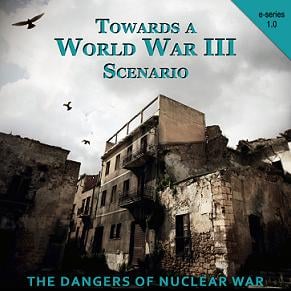 Is nuclear war part of a US policy agenda? Is it on the drawing-board of the Pentagon? The answer is a resounding Yes. Nukes are upheld as “peace-making bombs”. For Hillary Clinton in her 2016 election campaign, the use of nukes against Russia and the Middle East is “on the table”. they are also contemplated for use on a pre-emptive basis against non-nuclear states.
Is nuclear war part of a US policy agenda? Is it on the drawing-board of the Pentagon? The answer is a resounding Yes. Nukes are upheld as “peace-making bombs”. For Hillary Clinton in her 2016 election campaign, the use of nukes against Russia and the Middle East is “on the table”. they are also contemplated for use on a pre-emptive basis against non-nuclear states.
Click image to order book directly from Global Research
The Globalization of War
The Pentagon uses the concept of “the long war” to describe what is tantamount to “a war without borders”. In the broader context of World geopolitics, Fidel upholds the “Battle of Ideas” as a means of confronting a powerful propaganda apparatus, precisely with a view to reversing the tide of global warfare which includes the “pre-emptive” first strike use of nuclear weapons.
The Battle of Ideas consists in confronting the war criminals in high office, breaking the US-led consensus in favor of war, changing the mindset of hundreds of millions of people, abolishing nuclear weapons and ultimately changing the course of world history.
The Sources of Propaganda
The structures of propaganda include the Western mainstream media, the establishment thinks tanks and research institutes whose “science” increasingly serves dominant corporate interests including the military industrial complex, Wall Street, the Anglo-american oil companies and Big Pharma.
A related form of propaganda emanates from America’s science laboratories on contract to the Pentagon, the objective of which is to provide a “human face” to America’s so-called “defense contractors” (weapons producers). According to “scientific opinion”, US advanced weapons systems are “instruments of peace”. Only America’s enemies produce Weapons of Mass Destruction (WMD): Mini-nukes with an explosive capacity of one third to six times a Hiroshima bomb are described in official military documents as “harmless to the surrounding civilian population because the explosion is underground”.
Erasing the History of Socialism
Academic historians are entrusted with the rewriting of colonial and imperial history. The crimes of empire are soon forgotten. America’s wars of conquest are casually described as “civil wars”. America’s “war on terrorism” is described as a humanitarian undertaking.
In turn, university social scientists both in teaching and research increasingly uphold “globalization” as an avenue of economic and social progress, as the “solution” rather than the “cause” of the Worldwide crisis.
This propaganda exercise also consists in erasing the history of socialism as well as eradicating from our collective memory the numerous nationalist movements and social struggles against US imperialism: Nicaragua, Guatemala, El Salvador, Vietnam, Korea, Cambodia, Indonesia, Palestine, Yugoslavia, Egypt, Tanzania, Chile, Grenada, Algeria, South Africa, Mozambique, Angola, Afghanistan, Libya, …and many more…. the list is long.
“Economic Science”
In economics, abstract models totally divorced from reality are used to analyze reality.
Students must conform to the tenets of macro-economic theory and mathematical model building.
Economic theory ignores the reality of economics. Its abstract “pure theory” formulations constitute a pseudo-science which provides de facto legitimacy to the neoliberal monetary policies imposed by corrupt Western governments, on behalf of powerful banking institutions.
Realities are turned upside down. The neoliberal consensus prevails. Drastic austerity measures coupled with the “free market” under IMF auspices are upheld as a means to generating economic growth and alleviating poverty. Ultimately what is at stake is that science, knowledge and analysis have been moulded and manipulated to such an extent that an understanding of the “real world” is no longer possible.
It is in this context that the “Battle of Ideas” opens up an important avenue. It serves to break a political consensus, it reveals the twisted nature of science and the social sciences, namely the inability of knowledge and analysis to provide an understanding of the true nature of an unfolding “New World Order” predicated on the destruction of representative government and the de facto criminalization of politics.
My understanding of the “Battle of Ideas” is that it seeks to reveal and uphold the Truth. It targets the fake science and knowledge practiced by establishment researchers, journalists, scientists, historians and social scientists.
In the present day and age, critical analysis is indelibly threatened: most Western intellectuals by conforming to a broad “politically correct” consensus, are tacitly supportive of the capitalist world order. This is crucial because the “authority” of knowledge and understanding which these establishment intellectuals convey ultimately trickles down to the grassroots of society and shapes the perceptions of the broader public.
That “authority” emanating from those who “think on behalf of the ruling elites” must be broken as a means to ultimately breaking the ruling elites. The consensus which provides legitimacy to a corrupt economic and social system must be broken.
In contrast, the role of the committed intellectual —invariably blacklisted by the Western media— consists in refuting and ultimately breaking that “politically correct” consensus: what this requires is an all out “Battle of Ideas” against media disinformation, war propaganda, think tank research and establishment scholarship.
Some people on the Left will say: what we need is to formulate an alternative paradigm, i.e. “Another World is Possible”. Let us be clear: we are not dealing with an ideological battle between conflicting paradigms or World views. An abstract blueprint of an “Alternative” discussed at a World Forum will not in itself lead to fundamental changes in the capitalist World order. Proposing a “new paradigm” in the abstract removed from an understanding of how the existing social, political and economic system actually functions will not result in meaningful change.
What is required are social movements which rely on a detailed understanding (through research and empirical analysis) of the functioning of contemporary capitalism, its complex economic and social system. And that analytical understanding cannot remain solely within the sphere of intellectual debate, It must be embodied within a mass movement, it must constitute the basis for strategic action against the corporate elites.
Social and economic research must so to speak be “democratized”, namely the workings of this system have to be understood by the grassroots social movements. Ideas are thereby integrated into the revolutionary praxis of class struggle. And that can only be effectively accomplished once the neoliberal propaganda apparatus is broken.
Theory and Practice
Concepts and analysis are never formulated in the abstract. The relationship between concepts and the concrete social realities of class struggle is fundamental. (This relationship is the essence of Marxian analysis which is often misunderstood). Concepts are built from a detailed investigation of the New World Order, its global financial system, its real economy, its institutions, its extensive military and intelligence apparatus, its historical evolution and how it impacts on fundamental economic and social relations and more fundamentally on people’s lives.
Theory cannot under any circumstances override this complex reality. Reality does not conform to theory. Quite the opposite: theory, namely conceptualization, emanates from reality. Ideas in support of a revolutionary process are not abstract theoretical concepts. Theoretical formulations are derived from empirical analysis, through a detailed understanding of real life, of the conditions of poverty and despair affecting large sectors of the World population.
This dialectical relationship between theory and reality defines the revolutionary role of the intellectual committed to ultimately breaking the neoliberal consensus.
Manipulating the Class Struggle: Neoliberalism Creates Social Divisions
The imposition of neoliberalism feeds on divisiveness, it encourages the creation of divisions within political parties and organizations opposed to the neoliberal consensus. The underlying strategy of the Neocons is not to crush the protest movement but to create a variety of separate protest movements which do not threaten the capitalist world order. It is in this regard that protest (supported and financed by elite foundations) becomes a ritual of dissent which accepts the legitimacy of those who are the object of the protest.
In an era marked by “humanitarian wars”, “color revolutions” and regime change, various “left” opposition coalitions have emerged. Yet at the same time many of these social movements supported by non-governmental organizations (NGOs) have been highjacked. They are co-opted and financed by corporate foundations (Rockefeller, Ford, et al). The latter are not only controlled by powerful financial conglomerates, they also have links to US intelligence.
Despite the setbacks of recent years including US led wars in the Middle East, coups d’état, insurgencies, State supported terrorism, economic sanctions, regime change,… the class struggle must indelibly prevail. For it to succeed, however, the inner workings of global capitalism must be understood: And that is where the “battle of ideas” comes in.
Conceptualization and analysis of economic and social realities are to be combined with the formulation of strategies and revolutionary praxis with a view to disarming the capitalist World Order.
But that cannot be achieved when “progressive leaders”, “left intellectuals” and anti-war activists are coopted by elite foundations. The ploy is to infiltrate people’s organizations, selectively handpick civil society leaders “whom we can trust” and integrate them into a “dialogue”, make them feel that they are “progressives” acting on behalf of their grassroots, but make them act in a way which serves the interests of the corporate establishment.
Global Capitalism
What is ultimately at stake are the structures and institutional base of global capitalism which are characterized by fraud, money laundering, corruption and co-optation. The latter not only permeate the corporate establishment, they also characterize the “opposition” organizations coopted and financed by elite foundations.
The “Battle of Ideas” questions the legitimacy of government decision-makers in high office; concurrently it reveals the criminal nature of the State and more specifically of US foreign policy. In turn the latter are sustained by the criminalization of international law.
The ultimate objective is to to reverse the dominant imperial ideology, which upholds “humanitarian wars” as peacemaking undertakings and which upholds austerity measures, low wages, bankruptcies, privatization and the repeal of social programs as an “economic solution”.
The underlying institutional fabric of global capitalism —political as well as economic— is sustained by a vast intelligence and propaganda apparatus. And that is what has to be broken.
Ultimately honesty, solidarity and commitment combined with carefully formulated strategies and “analysis” are the driving forces behind a genuine class struggle.
In the words of Albert Einstein, “Only a life lived for others is a life worthwhile.” And that in so few words describes Fidel Castro’s contribution to the future of humanity:
“We don’t need the empire to give us anything. Our efforts will be legal and peaceful, because our commitment is to peace and fraternity among all human beings who live on this planet.” (Fidel Castro Ruz, “Brother Obama”, Grannma, March 27, 2016, Message to Barack Obama upon his visit to Cuba)
Michel Chossudovsky, Montreal, Quebec, May 2016
Directly from Global Research Publishers:
The Globalization of War: America’s “Long War” against Humanity
Michel Chossudovsky
$14.00
Save 39%
.





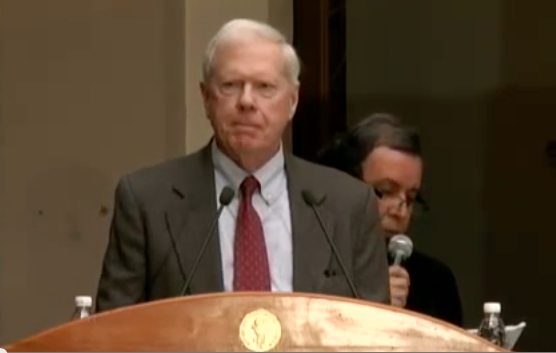
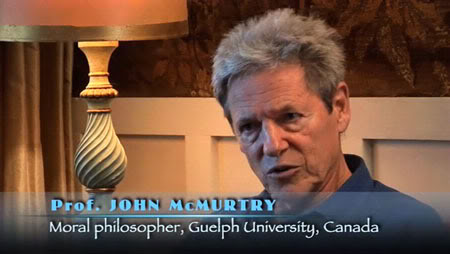
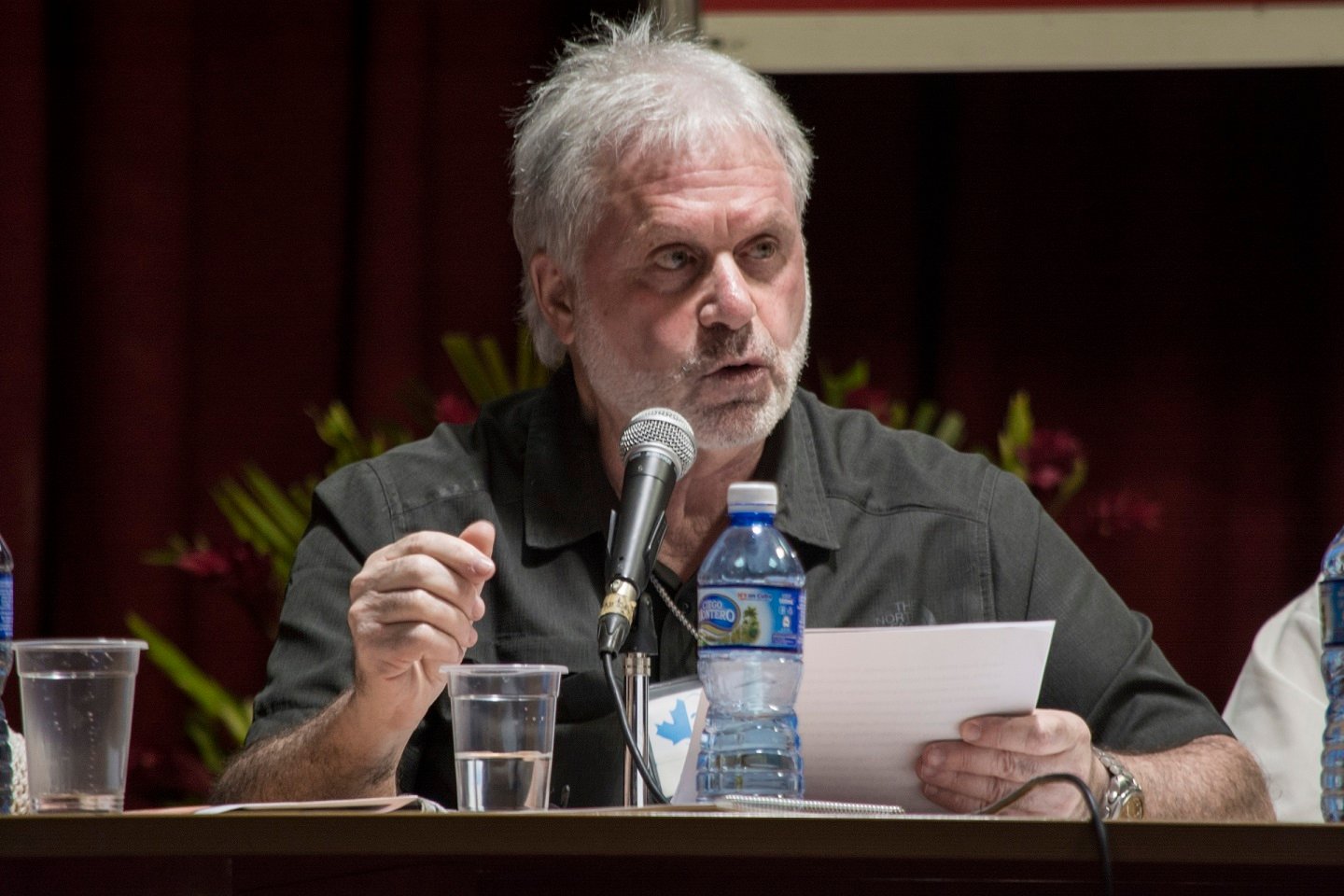





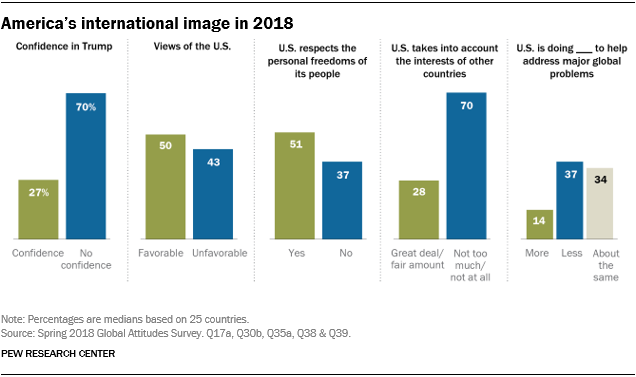
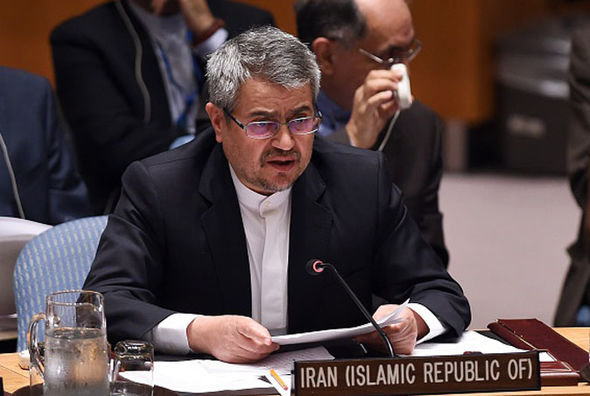
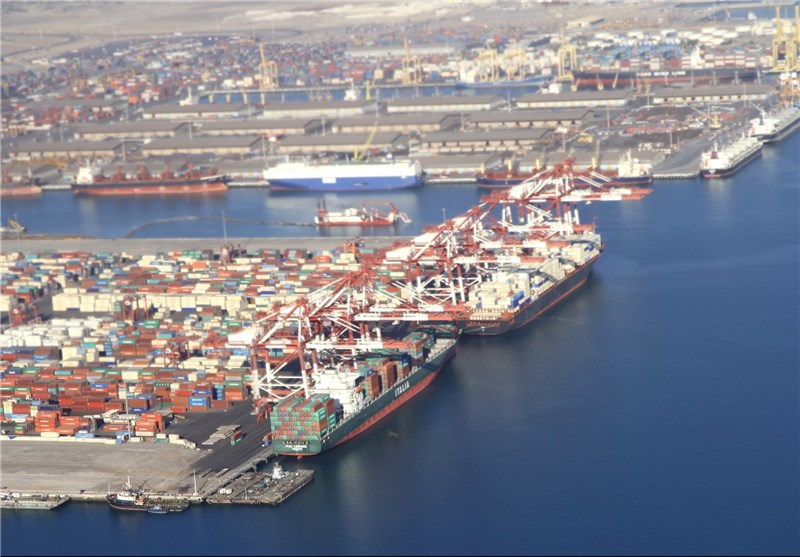
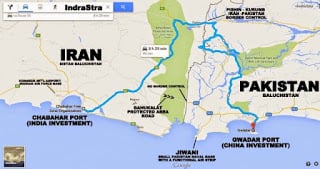

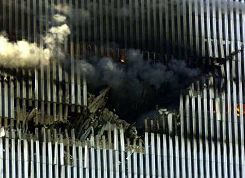
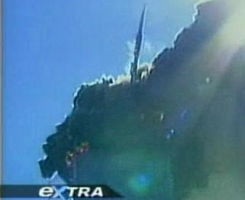

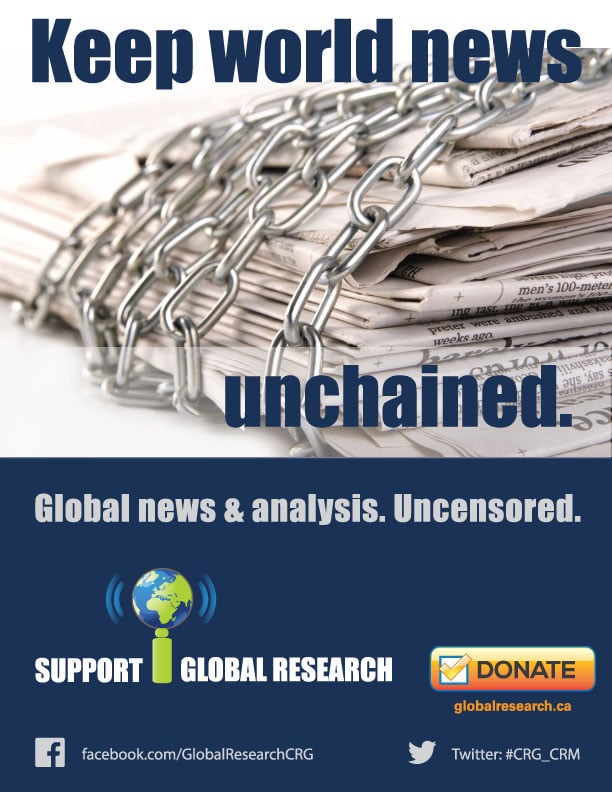




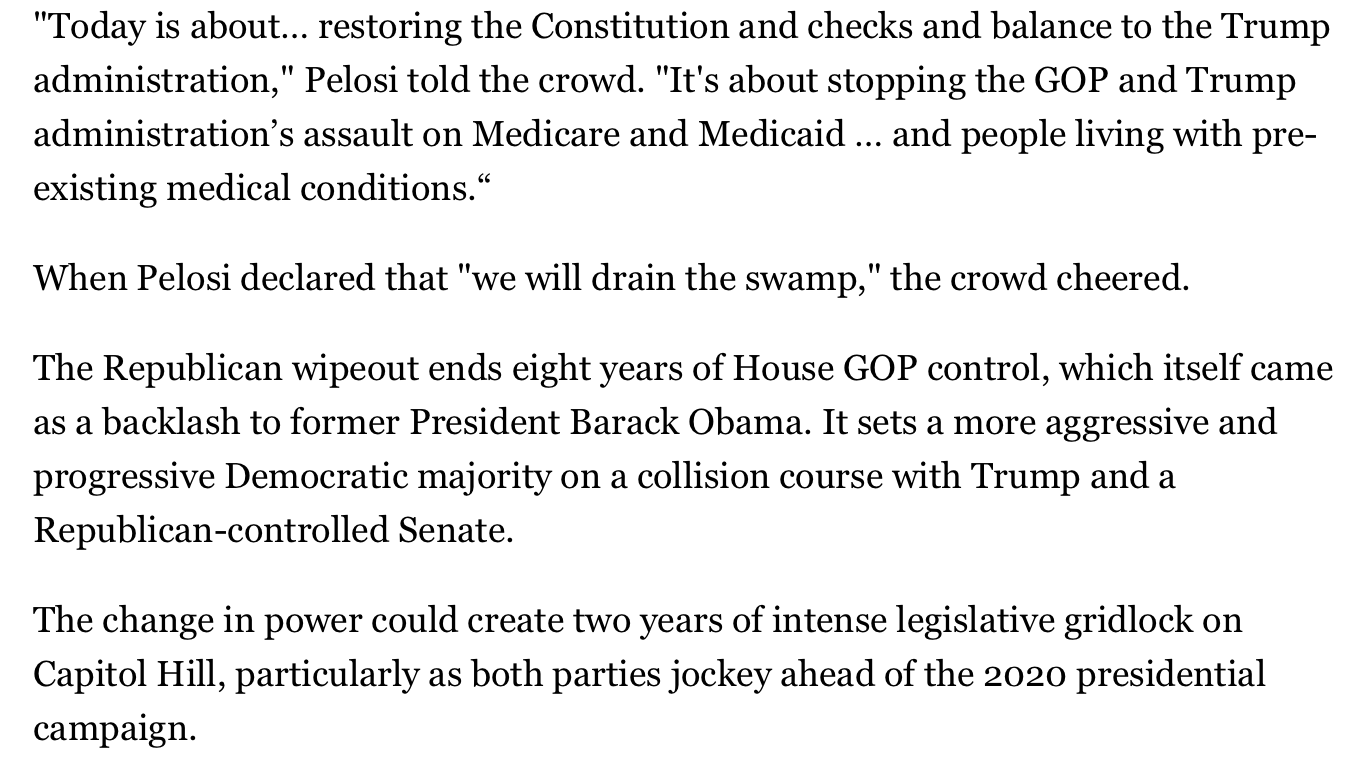
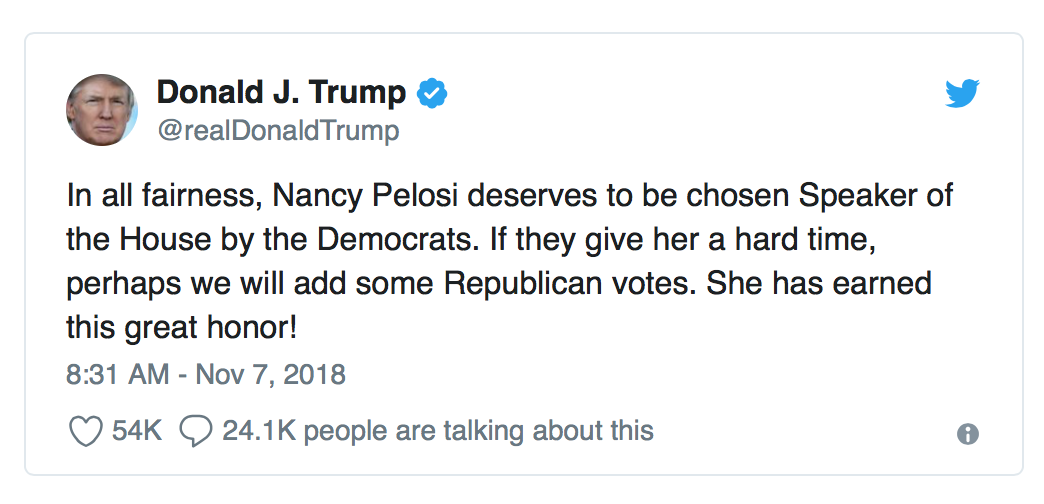

 According to the official, the 35-year-old Hawaii congresswoman is being looked as a candidate for secretary of state, secretary of defense or United Nations ambassador. If selected, Gabbard will be the first woman as well as the youngest pick for Trump’s Cabinet.
According to the official, the 35-year-old Hawaii congresswoman is being looked as a candidate for secretary of state, secretary of defense or United Nations ambassador. If selected, Gabbard will be the first woman as well as the youngest pick for Trump’s Cabinet.

